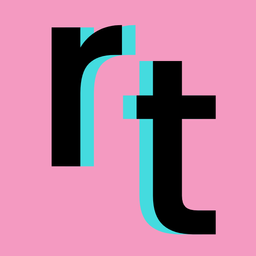Working Hard in a World That's Hardly Working
Nashville, NEA cuts, a podcast about Michael Shannon, and the state of journalism.
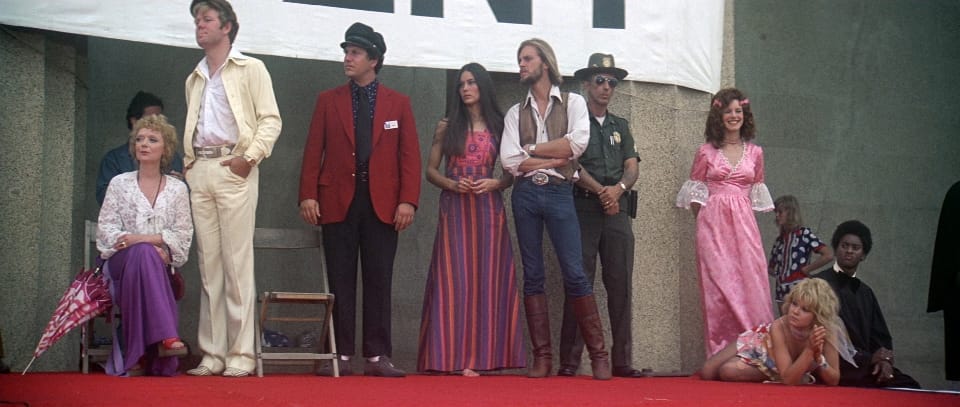
Hiya friends, followers, and who knows — maybe fiends! I can't assume....
I've been thinking about NEA cuts — and Nashville.
I saw a 4K screening of Robert Altman's Nashville almost three weeks ago and have had the soundtrack stuck in my head nearly every day since. It's not a bad problem to have, although the one currently rattling around in my head (Ronee Blakley's "Dues") is definitely on the sadder side.
As many people will tell you — especially as the movie just turned 50 this year — Nashville's relevance is upsettingly timeless half a century later. I particularly like Matt Zoller Seitz's write-up on the film and dueling ideologies at the center of the movie: "One is reactionary, looking nostalgically backwards at times that never existed. The other is progressive, looking forward to a truly egalitarian democracy that didn’t quite exist then, and seems more remote now than it did in 1975." (That intersection is not dissimilar to Mad Men, another affinity I share with MZS.) There's a lot in Nashville that makes me feel emotionally delirious, but rewatching it on the big screen in the good year 2025, I was reminded that this was never a country that worked particularly well. When we look back fondly at moments where it felt like all was right in this country — for progressive minds, perhaps the Civil Rights era or the Obama administration — perhaps we're merely nostalgic for the preceding moments of hope and not any successful actualities.
This notion weighed particularly heavy on my mind this past month, not only because of Nashville, but as I was deep in the wells of reporting on the impacts of Trump's attacks on the NEA, NEH, and IMLS. These are, of course, regressive and baldly fascist actions from the administration, but all the more troubling is the understanding that these agencies, for all the good they have done (and they really have done some good), have never been particularly generous agencies... monetarily or otherwise. Federal funding is a double-edged sword; it demonstrates a government-wide values-system that prioritizes access to education, research, cultural literacy, and public spaces without the expectation of profit. AKA, good for the sake of good.
But the process of receiving federal funding is burdensome. (This is true, really, of the nonprofit development process regardless of whether you're seeking public or private funding.) The application is exhaustive and forces an organization to be scrutinized by a magnifying glass, and if you actually receive one of the few competitive grants available, the reporting process is its own administrative nightmare. Forget all the so-called "fraud, waste, and abuse" this administration claims plagues these grants. The issue with federal arts funding prior to the Trump admin is that it never approached these organizations in good faith. The process, by design, forces an organization to jump through hoops to dissuade the assumption that otherwise, it's laundering its funds, stealing from the government, and either not carrying out its mission or upholding a mission that lacks merit and/or value.
There's a reason there's a recent movement called "Trust-based philanthropy." Historically, funders have seldom formed a relationship with grantees on the basis of trust. If you believe even for a second that Trump (and DOGE? Whatever is happening with that now?) is operating with an unprecedented level of scrutiny in its grantmaking, get real.
This was never a system that worked. And now, those dysfunctions are being exploited to the worst possible conclusions.
If you haven't yet read my reporting for the Chicago Reader on the NEA/NEH/IMLS cuts, the history of federal funding, and the long-term impact of these attacks, please, give it a read. It's a longer piece, but it is important, and frankly, I've seen very little reporting that really tries to break down what this all means.
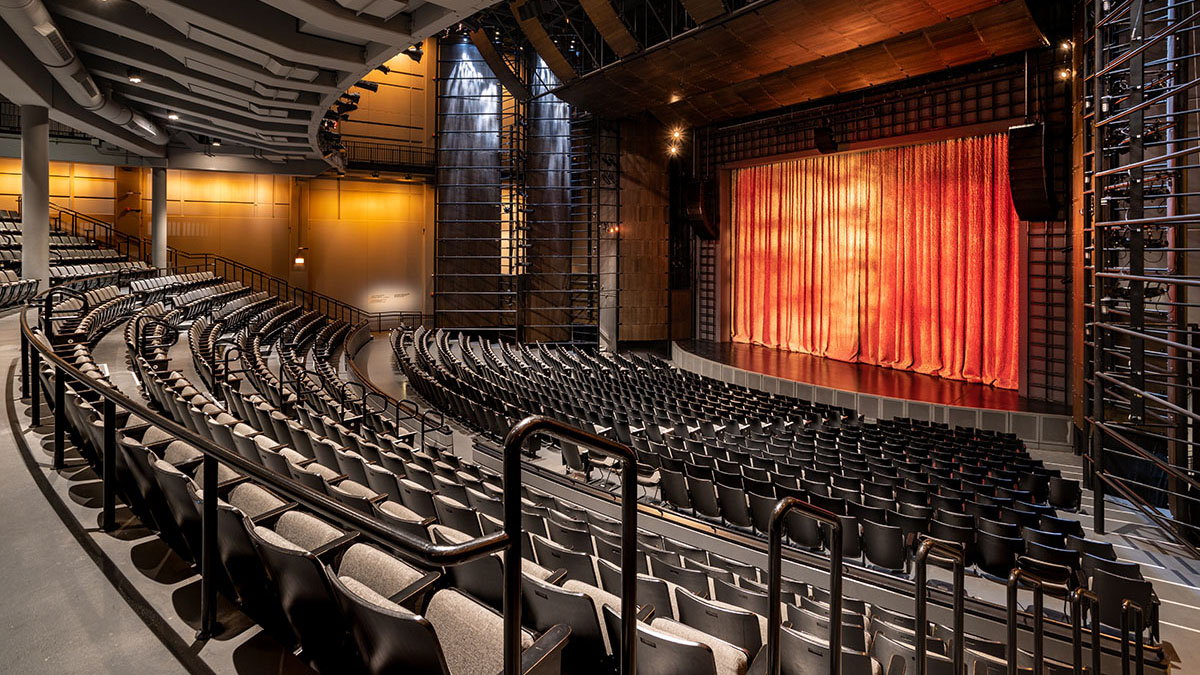
I plan to continue reporting on these attacks as much as I can, and a piece of that is talking to as many people as I can. For the Reader piece, I talked to an Altman-ensemble's number of sources (and then some). I held nearly three dozen interviews to work on this piece, and am continuing outreach to hear more stories about these impacts and to understand how we can rebuild. If there is any opportunity here, it is to reject the administration's intent to invisible-ize communities and isolate us from one another. We must gather, we must speak to each other, we must form communities, and we must protect public spaces. I can tell you that every interview I've had has energized me, even when everything I heard seemed hopeless. It is in having these moments of connection with others that we retain our power. And at the very least, we make sure someone else's story doesn't die with them.
Nashville satirizes pretty much its whole cast of characters, finding at least one moment to poke fun at their worldview, their arrogance, their naïveté, their talents (or lack thereof); it also holds a deep love for most of these characters. We are reminded of their vulnerability, their hope, and how their lives — our lives — intersect, whether we make the effort to see it or not. When we don't see it, those intersections can spiral us into violence. When we do see it, we can sit with those perhaps rare, but beautiful, moments of harmony.
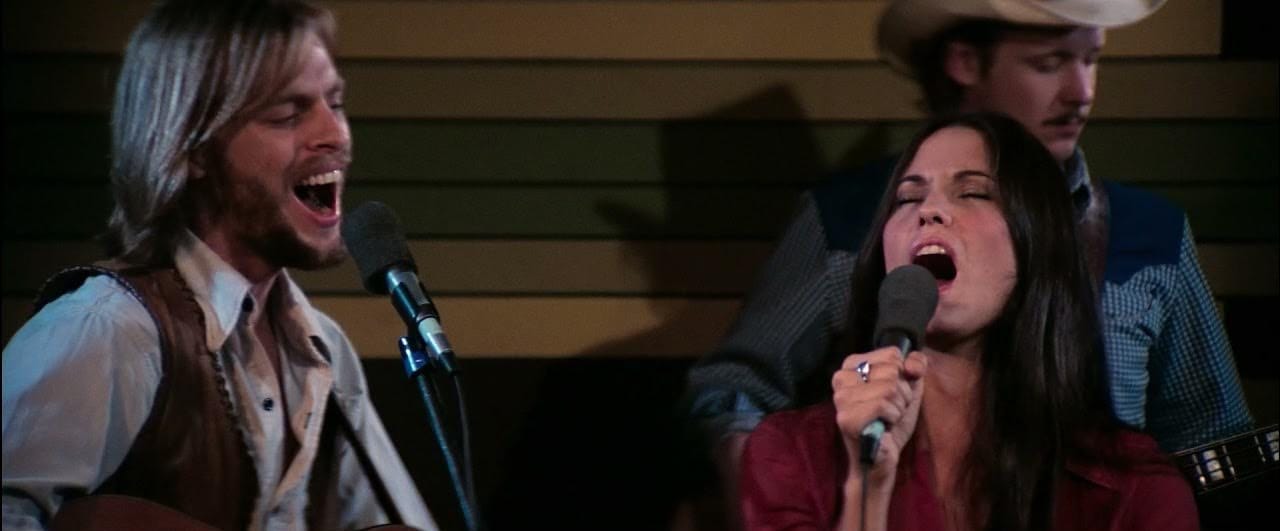
A fun update: I'm starting a podcast covering the works of Michael Shannon called "Hand Me the Mike" that will premiere next month!
To keep things streamlined, I'll be providing updates on the podcast through this newsletter. These updates will make up the bulk of the posts available to free subscribers, and most future film writing (including essays and reviews) will be moved to paid subscriptions only. My idea was always to have "Room Tone" as an umbrella for all sorts of pop culture writing and commentary, and I'm hoping that continues to grow over time.
Here is the artwork for the podcast, designed and illustrated by yours truly...
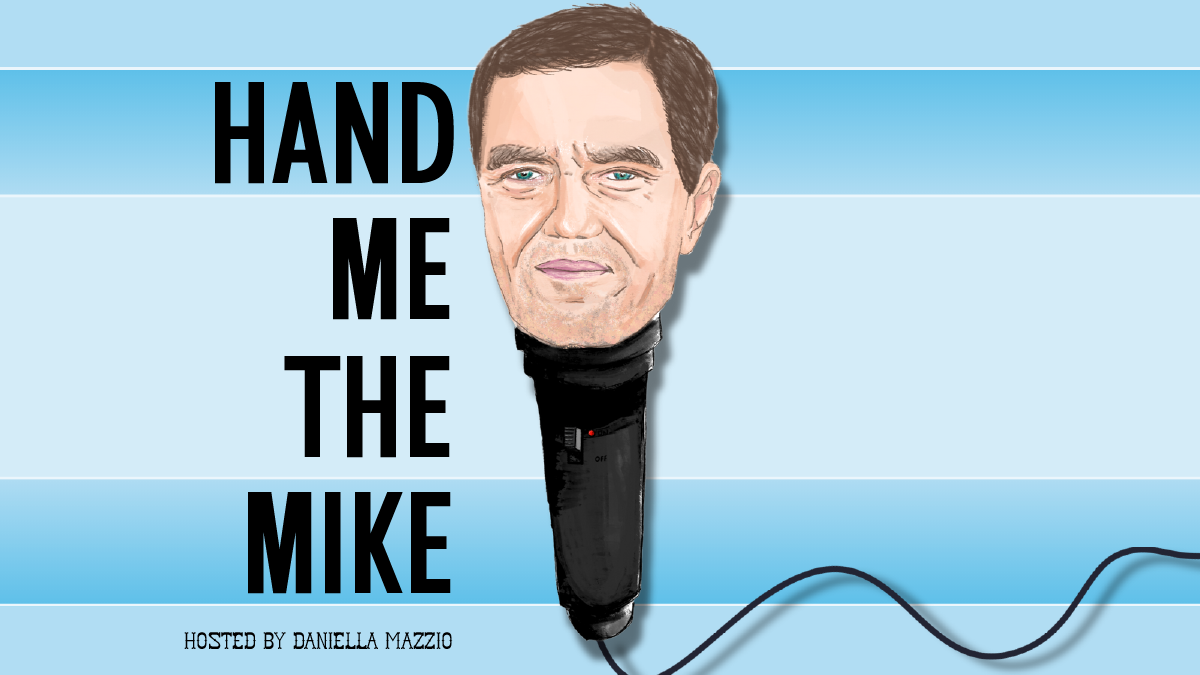
I've got a great lineup of guests and movies to start and I'm very excited for you to hear! The show will be available after launch on the usual podcast subscription channels, but subscribers here will be the first to receive episodes and updates.
You can also check out the landing page — which includes a description of the podcast and a preview of upcoming episodes — here:
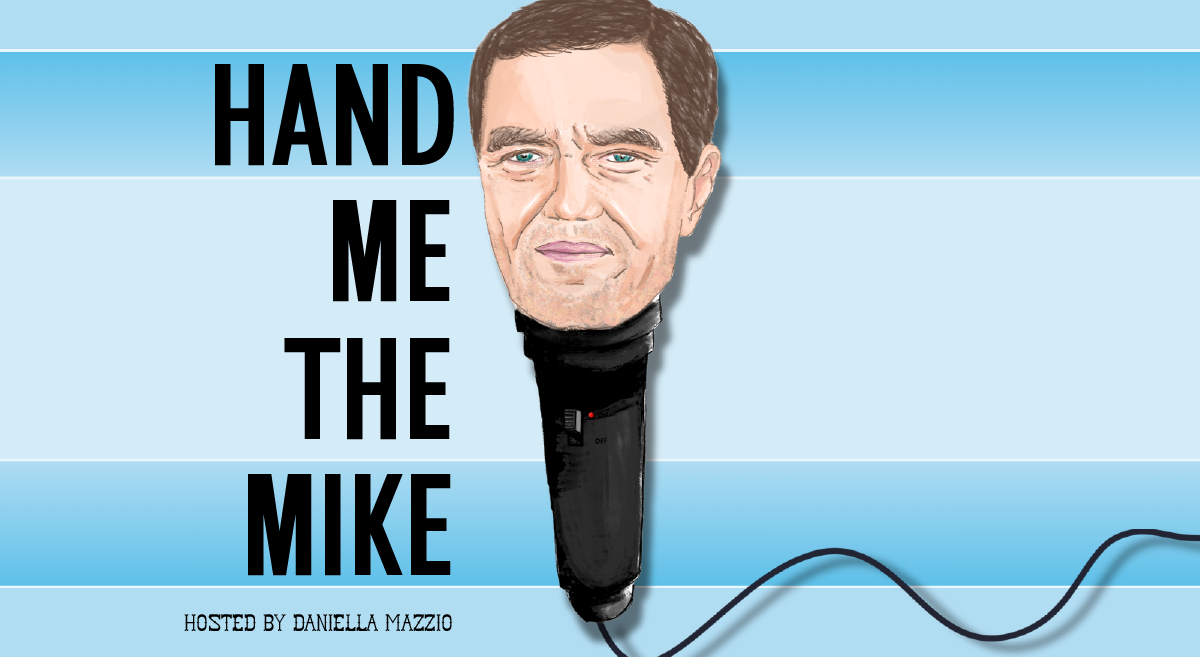
Like much of my work in this Quit-My-Day-Job era, this podcast is entirely DIY for the time being. I am apparently allergic to making money and having "free time."
One last thing on that note (and I promise this ties the whole newsletter together): The state of journalism.
The work I did on the NEA/NEH/IMLS piece for the Chicago Reader was voluntarily unpaid. As much as I love validation, I don't say this to get a pat on the back. I say this because I'm concerned about where journalism fits into these systems that have long been broken.
If you weren't aware, at the beginning of the year, the Chicago Reader abruptly announced layoffs, restructuring, and a financial crisis. As a freelancer, it is not my place to comment on how the state of the paper has changed 7 months later, but I can tell you that I donated my work on the federal funding cuts reporting because of this financial hardship. The incredible writers at the Reader — who should be applauded for leading one of the best contemporary editorial eras for the paper, in my opinion — have been put through the ringer again and again over the last several years. Again, I'm in no position to speak to specific decision-making and operational leadership, but what I do find troubling is that these writers who champion some of the most comprehensive local reporting and arts profiling in the city (and arguably the most consistent quality in both categories), writers who operate out of passion and integrity and innovation in journalism, have their livelihoods and careers jeopardized as large, mainstream newsrooms sitting on wells of VC and corporate money undermine quality journalism at every turn.
The New York Times reassigned four arts critics and in a move devaluing thoughtful criticism and prioritizing "content." (Of course, I could go on about the state of the NYT, from utilizing questionable sources to attempt to smear Zohran Mamdani, to their Gaza coverage that has manufactured consent for the violent and devastating assault against Palestinians, to the years the paper has spent stoking the anti-trans rhetoric that this administration is putting into law.) Locally, the Chicago Tribune is commencing layoffs — including Lizzie Kane, one of the city's rare Housing Reporters — while owner Alden Capital very cravenly attempts to purchase more newspapers.
I'm a young journalist, and truthfully stumbled into journalism thinking I only had eyes for criticism, which is to say I have a long ways to go. Still, it has been frankly infuriating to watch journalism gut itself while meticulously fact-checking, taking extra care with sources, and poring over 15+ hours of interviews completely unpaid. AKA "good for the sake of good." I'm proud of this piece and there's no paper I'd rather write this for than the Reader, but this is a scale of unpaid work I can't afford to do again, and should the writers and editors at the Reader find their work jeopardized, I seriously worry whether their talents and integrity will be valued in the media landscape as it currently stands. Where will Lizzie Kane have a chance to continue investigating the Chicago Housing Authority? Will there be space for quality, thoughtful classical music criticism in New York City? Will a paper besides the Reader support Katie Prout's empathetic and well-researched reporting on homelessness in Chicago? And without this level of reporting and integrity, what happens to the subjects at the heart of these beats? What stories go untold, legislation goes unquestioned, and communities go unsupported?
I don't have answers for you, and I do want to encourage you to support these critical institutions however you can. But these are bigger than individual problems, and they will require our collective support — and collective outcry — to take on these problems and build a world that works. ✿


